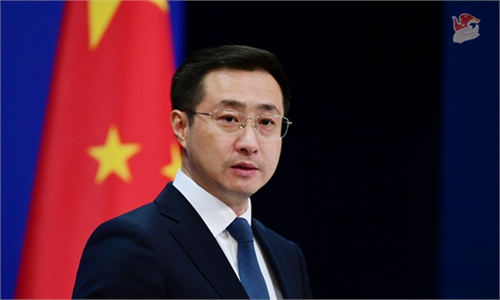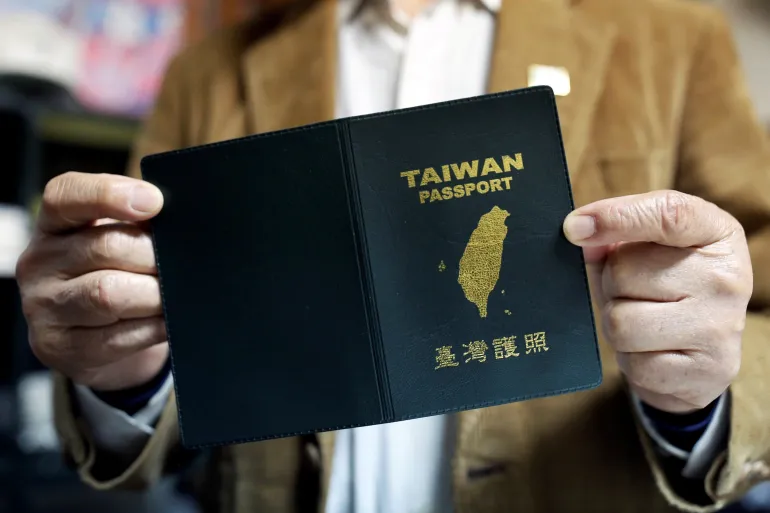Somalia’s government has formally enacted a ban on the entry and transit of all Taiwanese passport holders, sparking strong backlash from Taiwan’s Ministry of Foreign Affairs.
The restriction, which took effect on Wednesday, April 30, was confirmed after Somalia’s civil aviation authority notified Taiwan of the new policy last week.
Taiwan’s Ministry of Foreign Affairs condemned the move, accusing Beijing of orchestrating the ban.
“The Ministry of Foreign Affairs has strongly protested Somalia’s action made under the instigation of China to restrict the travel freedom and safety of Taiwanese nationals and has demanded that the Somali government immediately revoke the notice.”
Taiwan’s Ministry of Foreign Affairs
The East African nation cited United Nations Resolution 2758 as justification for the decision. The resolution, passed in 1971, officially recognized the People’s Republic of China as “the only lawful representatives of China” in the UN. Somalia also invoked the “one China” principle, which asserts that Taiwan is an inseparable part of China.
Taiwan, which sees itself as a sovereign nation, sharply criticized Somalia’s interpretation of the UN resolution. “It firmly rejected and strongly condemned” what it called a “misinterpretation” of the measure and said Mogadishu was attempting to “create the false impression that Taiwan is part of the People’s Republic of China.”
Taiwanese officials argue that the resolution does not authorize countries to deny Taiwan’s international participation or its citizens’ mobility. They believe Somalia’s decision undermines democratic values and sets a dangerous precedent for travel discrimination based on geopolitics.
Move Sparks Outrage From Taiwan Officials
The ban comes at a time of growing cooperation between Taiwan and Somaliland, a semi-autonomous region in northern Somalia that declared independence in 1991 but is not recognized internationally. Relations between Taiwan and Somaliland have deepened in recent years, culminating in the opening of de facto embassies in Hargeisa and Taipei in 2020.
The move infuriated Mogadishu, which considers Somaliland an integral part of Somalia and fiercely opposes any diplomatic recognition of the region’s self-rule. In Beijing, the policy shift was welcomed.
Guo Jiakun, spokesperson for China’s Ministry of Foreign Affairs, praised the Somali government’s decision, calling it a legitimate measure to protect national sovereignty. He said the development “demonstrates that Somalia firmly abides by the one China principle.” China, Guo added, “highly appreciates” Somalia’s stance and reiterated Beijing’s full support for Mogadishu’s claim to Somaliland.

Guo also emphasized China’s opposition to “any form of official exchange” between Taiwan and Somaliland, signaling Beijing’s continued diplomatic pressure on countries and territories that engage with Taipei.
Taiwan, officially known as the Republic of China, lost its seat in the United Nations in 1971 and was removed from the World Health Organization the following year. Since then, it has been diplomatically isolated, with only 11 countries and the Vatican officially recognizing it as a state. Despite this, Taiwan maintains close informal relationships with a number of major powers, including the United States.
While the ban marks a symbolic win for Beijing in its campaign to isolate Taiwan diplomatically, its practical impact is expected to be minimal. Taiwan’s state news agency, Focus Taiwan, pointed out that Somali travel is rare among Taiwanese nationals. According to official records, only 16 trips were made from Taiwan to Somalia between 2016 and February 2025.
Still, Taiwanese officials fear that this action could set a precedent, encouraging other nations aligned with China to adopt similar restrictions. The Ministry of Foreign Affairs has vowed to monitor developments closely and respond as necessary to safeguard the rights and dignity of Taiwanese citizens.
READ ALSO: Minority Joins Protest To “Defend Ghana’s Democracy”



















